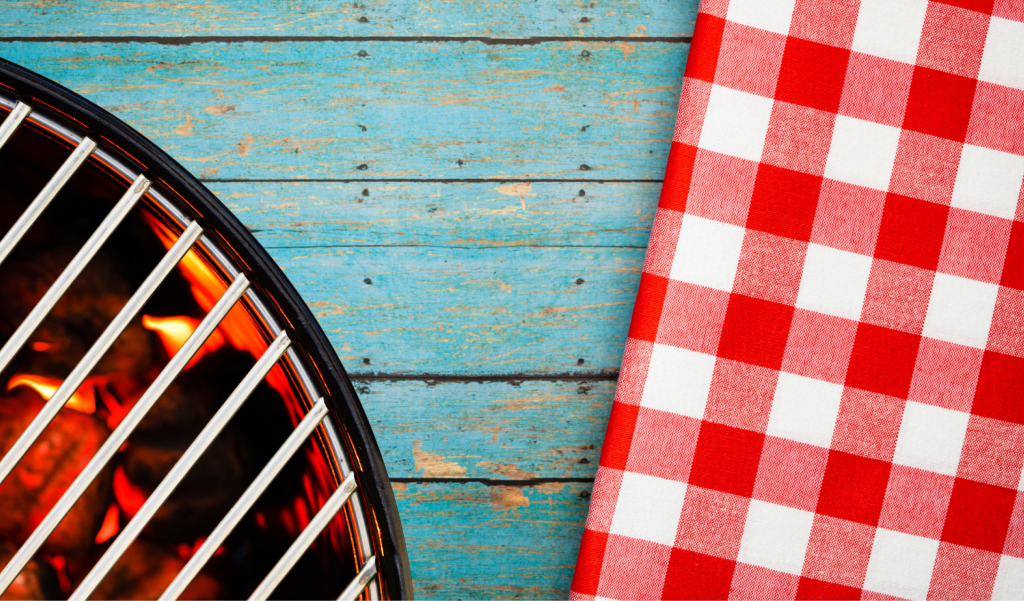Aside from giving your food a natural smoky and wood flavoring, using charcoal has other benefits.
One of the best parts of lump charcoal is it produces very little ash and thus leaves little to clean up and blow into the air. The ash from an additive-free, wood charcoal can be used as fertilizer. This ash contains potash (potassium carbonate), which is nutritious for many plants. Wood ash can also be used to raise the pH level in your soil, which can be beneficial for growing vegetables.
Charcoal briquettes, on the other hand, produce a large amount of ash which not only creates more landfill waste, but also tends to easily waft up and into the air, your neighbor’s yard, and your own food! Remember not to place charcoal briquette ash into your compost pile or garden. That ash is harmful to plants and soil. Instead, place briquette ash into your waste bin, after it’s cooled down.
Regardless of the type of charcoal you use, remember to be a good neighbor. If you step away from your grill, cover it up. Always watch for any embers that could be transported by a breeze and start a fire. An emergency call to the fire department isn’t how you want to end your cookout. Keep a spray bottle of water or a garden hose close by to extinguish any inadvertent fires.



